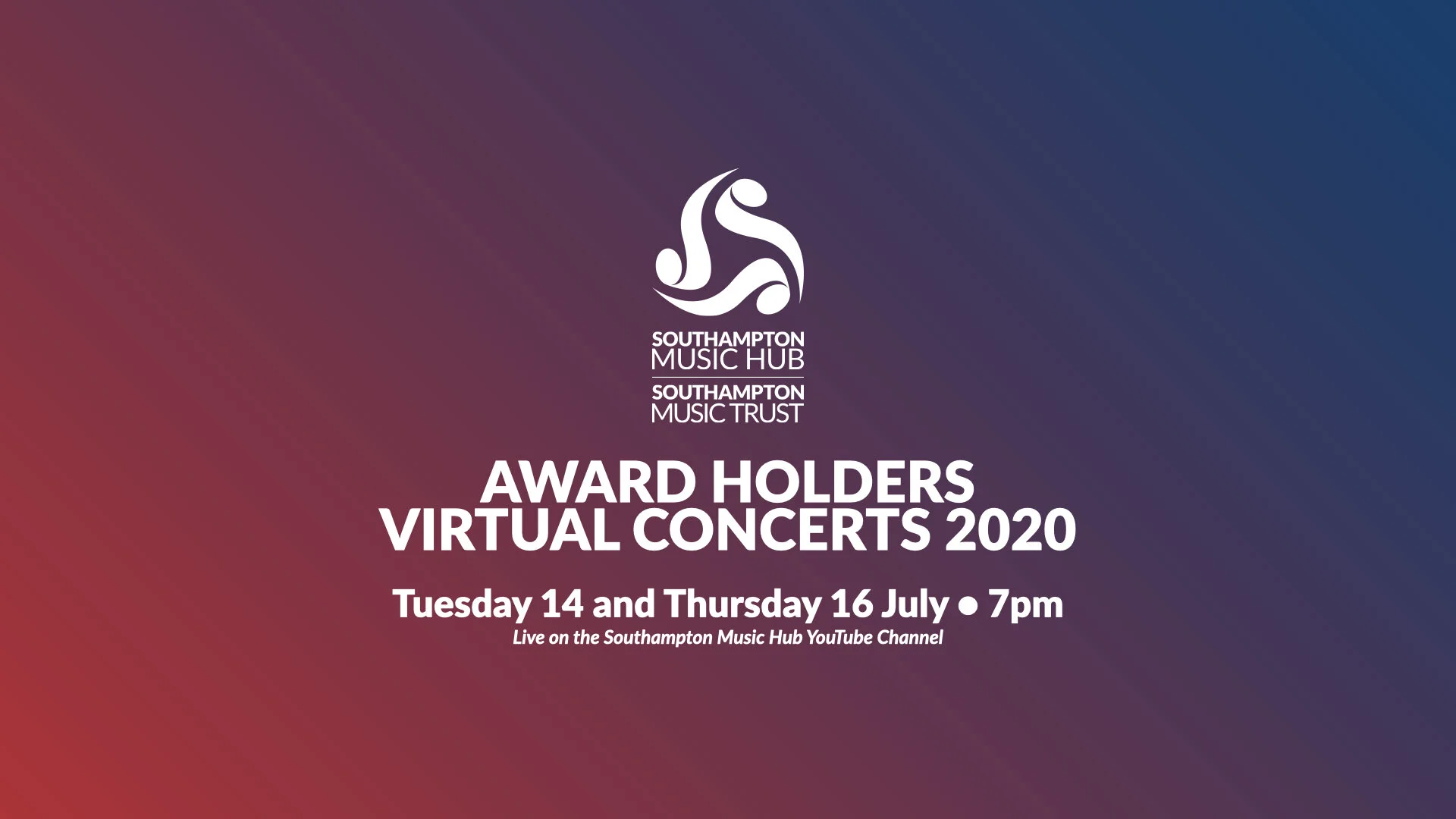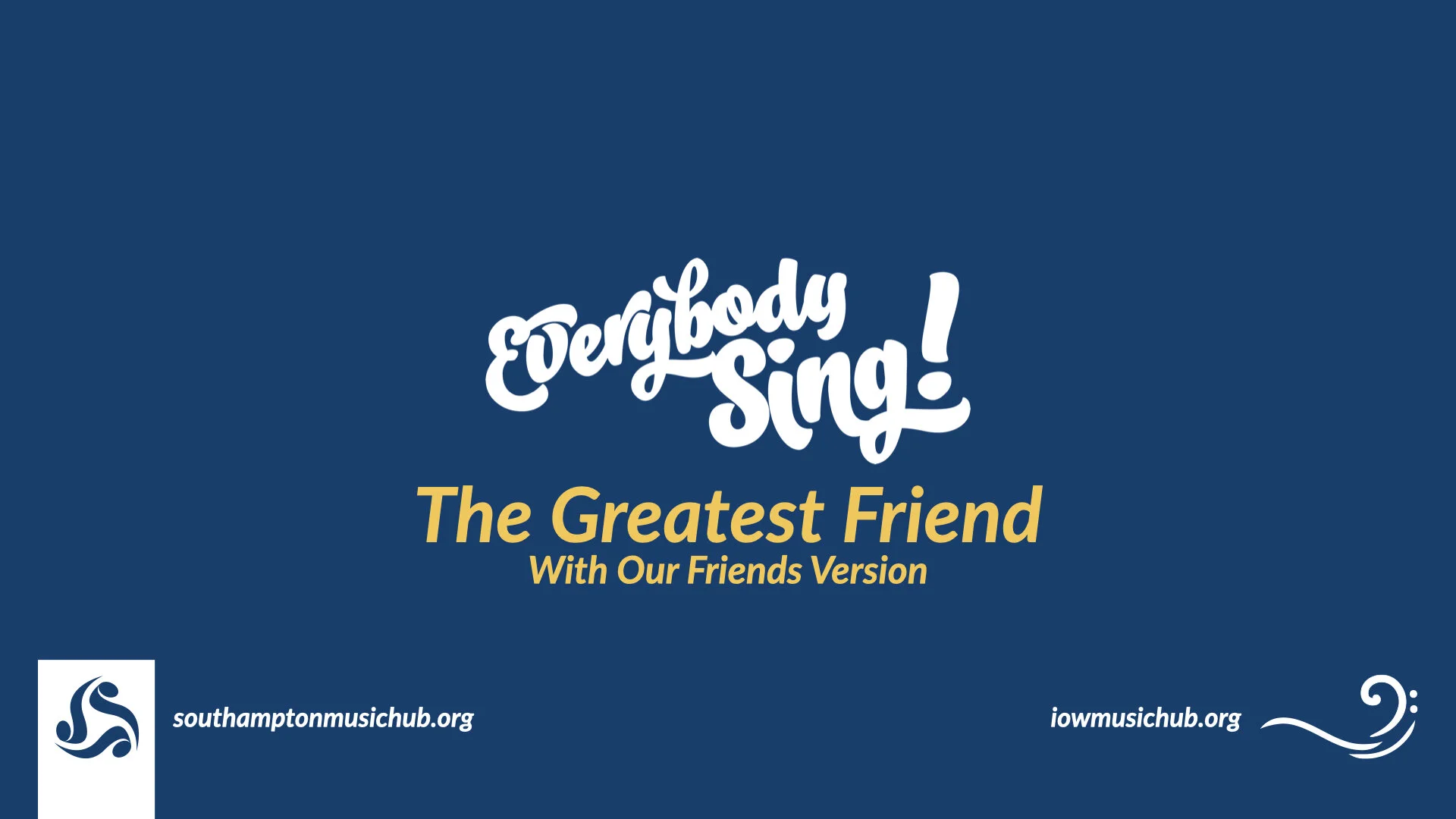In responding to the report, Matt Brombley, Development Manager for Southampton Music Hub, says:
In compiling this report, I was overwhelmed by the extraordinary amount of effort, goodwill and energy that had been shown by our young musicians, their parents and teachers in exceptional circumstances.
To staff, your resilience is truly incredible. In teaching, we often talk about modelling, and usually, mean playing music for our students in a way that demonstrates excellence. But to me, this report shines a light on how you have gone further: modelling resilience to the young musicians you teach, demonstrating what huge challenges can be overcome when we approach them with a willingness to learn and adapt. I cannot include every thank you that came in the responses from our families, it would be many pages long, instead, accept just one on their behalf — thank you!
To parents and guardians, as this report shows, your existing skills and confidence have been vital in getting online music lessons taking place. But, beyond that, you have been on a learning journey of your own — developing new knowledge and understanding, as well as building on your skills and confidence, and this progress should not be lost or underplayed. It has not always been easy, or simple, but you have made it work. For many of you, this experience has brought you closer together as a family, making you more engaged in the musical lives of your children. On behalf of the young musicians you support — thank you!
To our young musicians, I am delighted that we have been able to provide you with music lessons at a time when so much else is being lost. You have shared how comforting it is to be connected with “normality”, with your music teachers, and with music as a place for creative self-expression. Your energy and passion have driven us all forward, wanting to allow you each to develop to the fullness of your potential — thank you!
We continue to learn together.”
Responding to the reports key development areas, Kath Page, Manager for Southampton Music Hub, says:
“We have already started to respond to the key development areas highlighted by this report. We are committed to helping children overcome the barriers and challenges which may prevent them benefiting from the life-changing power of music. I’m delighted that we have already moved to:
Deliver physical music resources to children who find they don’t have the right technology to access music lessons online. Starting with shielded children, and expanding over the coming weeks, boxes of music activities will help them continue making music at home.
Working with schools to expand our online music lessons offer, including a digital version of our incredibly popular SoundBites project, which can be done both at school and at home
Re-imagining our inset programmes for the rest of the year, and the year ahead, to allow time for the team to share, and build upon, the new and adaptive practices which they have so quickly deployed”
































